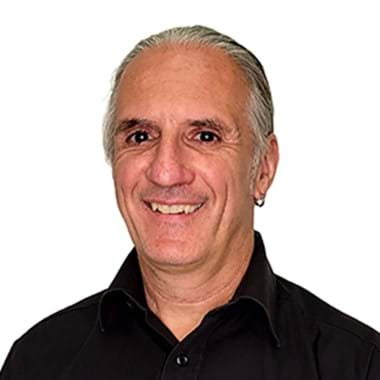Redefining indoor and outdoor spaces and proposing practices that promote dairy cow exercise

Stéphane Godbout
Researcher, P.Eng., agr., Ph.D.
418 643-2380
ext 600
Description
For the coming decade, the Dairy Farmers of Canada ProAction Initiative mandates that indoor and outdoor spaces must be provided to promote exercise for cows and calves. However, according to Québec legislation, exercise yards are subject to the same regulations that govern waste management. We developed this project with these requirements in mind. The project’s overall objective is to make available an indoor and outdoor exercise yard design that improves dairy cow and calf well-being while complying with Québec regulations.
Objective(s)
- Determine the best practices for the proper management of animal exercise in a dairy farm setting
- Develop an indoor and outdoor exercise yard design that minimizes environmental emissions (gases and liquids) and complies with new animal welfare requirements
From 2018 to 2022
Project duration
Livestock production
Activity areas
Animal welfare
Service
Numerous studies show that well-treated cows produce more and better quality milk.

Partners
Centre de recherche en sciences animales de Deschambault | McGill University | Université Laval | University of British Columbia | Valacta
This may interest you
Revising the nutrient balance sheet for estimating phosphorus loading in laying hen production
This project was set up to test the nutrient balance sheet method as a tool for estimating phosphorus output from pullets and laying hens.
Researcher: Marc-Olivier Gasser

An innovative and economical air treatment technology for pig farms
IRDA and CRIUCPQ have been working on developing an air treatment unit to reduce pig farm emissions.
Developing strategies for animal welfare-compliant livestock buildings, to minimize health risks to workers
This project addresses the risks posed by new breeding practices that were developed to improve animal welfare.
Researcher: Stéphane Godbout


